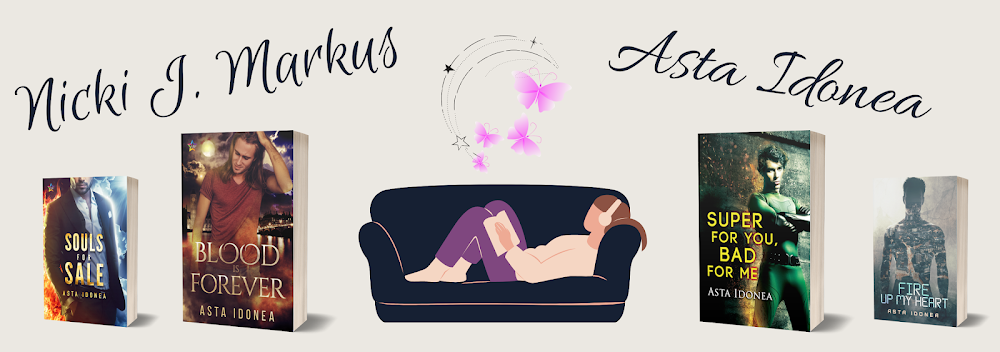Fiston Mwanza Mujila
Deep Vellum Publishing
18 November 2025
120
eBook - PDF
Poetry
ARC via Edelweiss
The Slaughterhouse of Dreams is rooted in a traditional Congolese form of praise poem, the kasala, that ties together proverbs, origin stories, fables, and riddles into a recitation accompanied by music. In Mwanza Mujila’s skilled hands, this oral tradition becomes a new multimedia form, set to the page while retaining the remarkable drama, emotion, and celebration of its performed root. In The Slaughterhouse of Dreams, multiple lyrical traditions create a hybrid world of global spaces and layers of time. With the rhythmic, frenetic energy that unites his poetry, prose, and performances, Fiston Mwanza Mujila reanimates and simultaneously deconstructs ideas of the (post)colonial environment.
I should preface this review by saying I am not generally a reader of poetry (and certainly not modern poetry); however, I requested this book because the author is Congolese, and that was a country I still needed to check off in my goal to read a book from every country in the world.
When I started reading these poems, I was rather confused by many of them. In some, references to colonialism etc. were clear, but in others I could not understand at all what they were about. When I reached the end of the book, however, I found several pages of notes. These helped to elucidate both the poetic style being employed and many of the people and events mentioned that I hadn't known. To my mind, rather than placing this at the end, it would have been helpful to have the relevant notes immediately after each poem they related to because, especially with an eBook, it is hard to flick back and forth between the poems and the notes. Even the interview at the end was helpful in placing the poems in the correct context so they made more sense and their meanings and the intentions behind them were clearer. If I had read this interview first, at the start of the book, and then read the poems I think it would have improved my experience reading them. Overall, I am giving this book 3 stars, noting all the while that I am not a big poetry reader to begin with, so my review should be read with that in mind. If you are planning to read this book, I would recommend reading the end matter before starting the poems, though, as they will then make more sense if, like me, you are approaching them with zero prior knowledge of the Congo or Congolese history.
I received this book as a free eBook ARC via Edelweiss in exchange for an honest review.


No comments:
Post a Comment